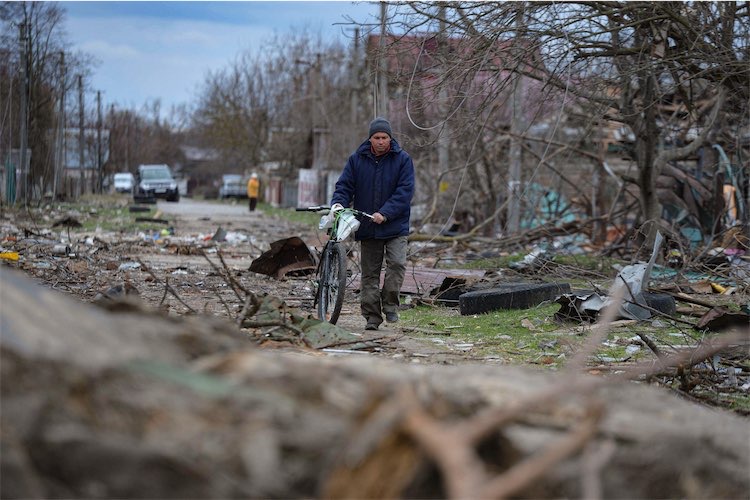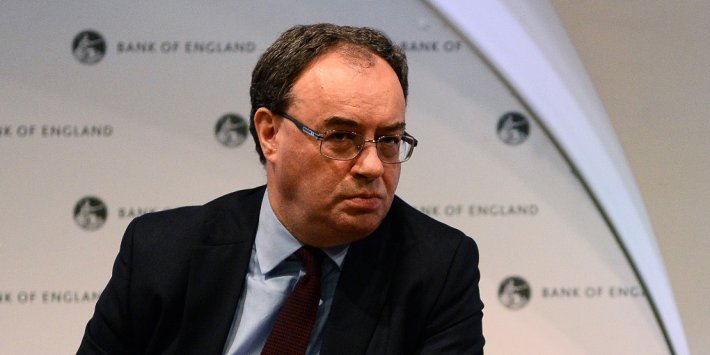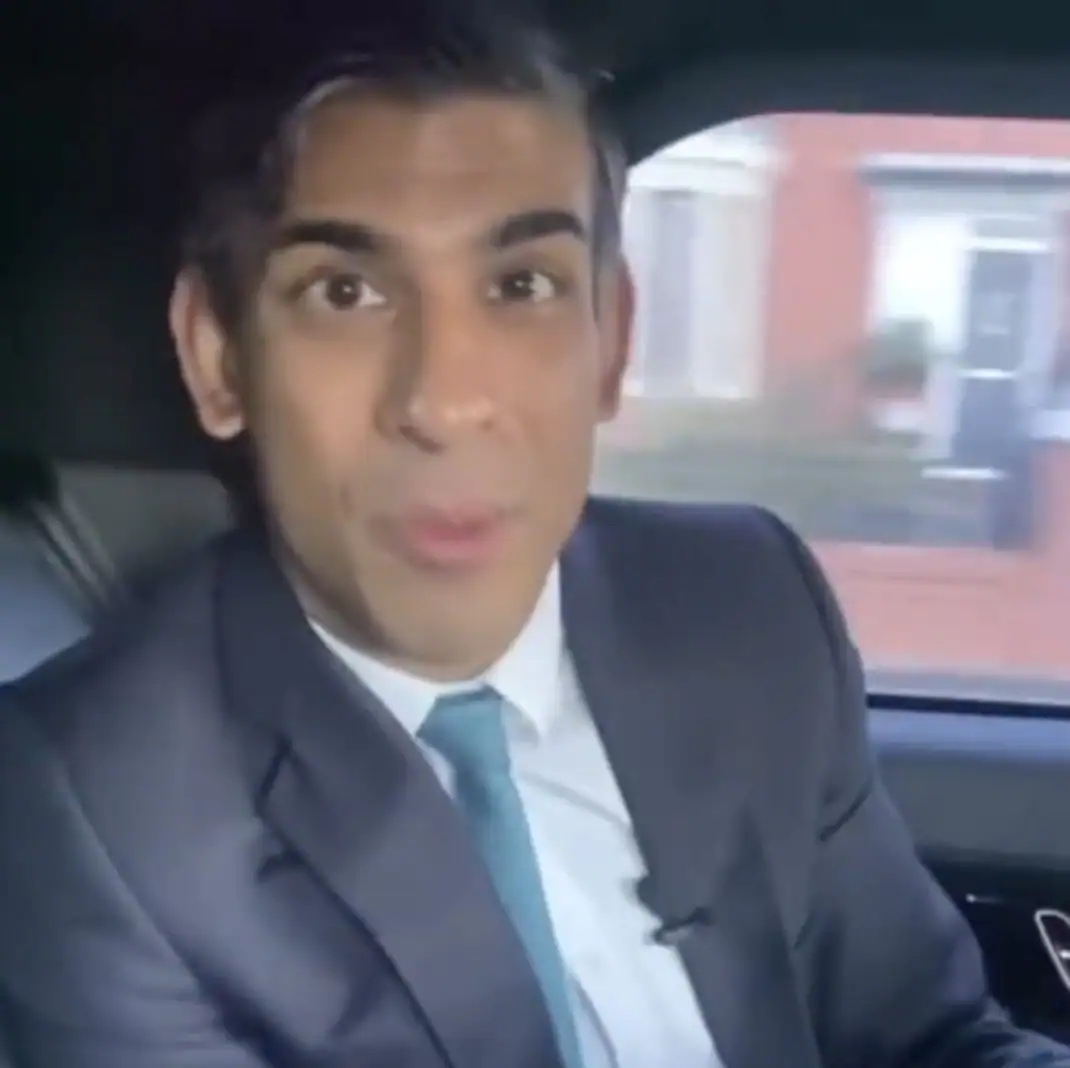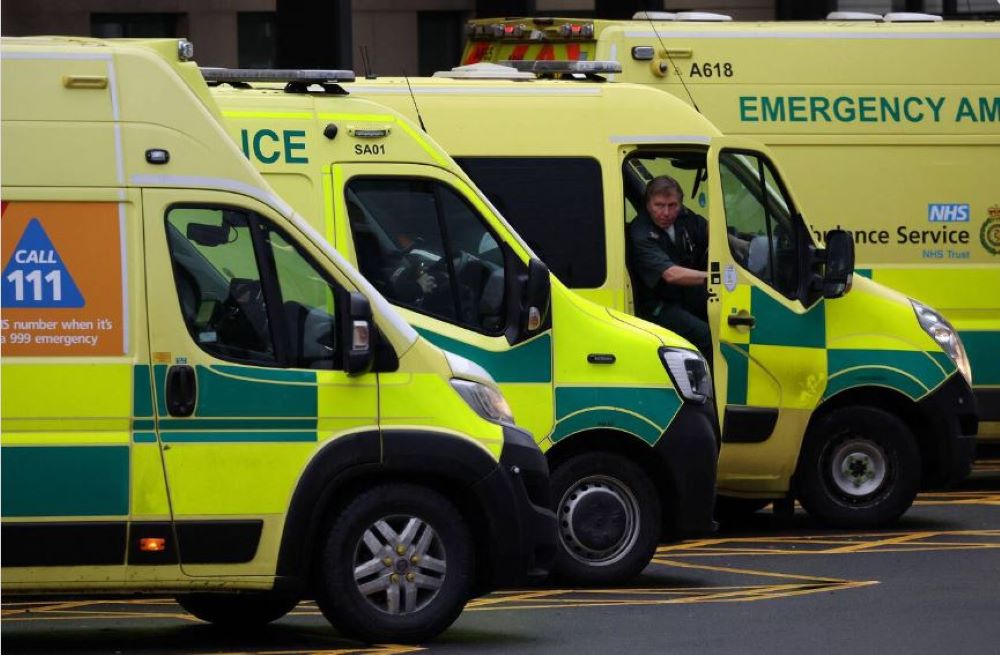Labour Sees No “Political Case” For Rejoining EU Single Market, Ukraine Issues Plea For More Tanks
(Sam Churchill/Labour Party)
6 min read
Labour leader Keir Starmer has said that there is no “political case” for the UK to rejoin the EU single market, but that he would seek a “closer relationship" with the bloc.
Speaking to BBC’s Newsnight programme from the World Economic Forum in Davos on Thursday night, he said he "would accept that the deal that [Boris Johnson] got is not a good deal".
“You can see the impact it is having on our economy and that is why we have been clear we want a closer relationship with the EU,” he said.
"That starts with the protocol in Northern Ireland. It then goes into a discussion about how close we can be.
Starmer continued: "We can’t go back into the EU, there isn’t a political case for going back into the EU or the single market. I'm having discussions about what a closed trading relationship might look like.";
His comments are in contrast to ones earlier made by Labour Mayor of London Sadiq Khan, who said there had been two years of “denial and avoidance” over Brexit.
"We need greater alignment with our European neighbours, a shift from this extreme, hard Brexit we have now to a workable version that serves our economy and people," he said in a speech earlier this month.
"That includes having a pragmatic debate about the benefits of being a part of the customs union and the single market."
Starmer also criticised the Prime Minister for failing to attend the meeting of major business leaders, and many world leaders, having sent several Cabinet ministers in his place.
Speaking at an event in Davos on Thursday, he said: "One of the things that's been impressed on me since I've been here is the absence of the UK.
"That's why it's really important that I'm here and that our shadow chancellor Rachel Reeves is here as a statement of intent."
Ukrainian President Zelensky issues plea for more tanks
 (Alamy)
(Alamy)
Ukrainian President Volodymr Zelensky has appealed to allies meeting in Germany to provide more tanks for the country’s war efforts against Russia.
More than 50 countries are due to meet at the Ramstein air base in southern Germany to discuss support for the conflict.
Several European countries including the UK, Estonia, Latvia and Poland have pledged additional military equipment, but Ukraine is calling for more.
Speaking on German TV, Zelensky criticised Germany's hesitant attitude, and pledged that any tanks provided "won't go through Russia" as his country was "defending ourselves".
Defence Secretary Ben Wallace announced during a meeting in Estonia on Thursday that the UK would be sending 600 Brimstone missiles to Ukraine in addition to its earlier pledge to send a squadron of Challenger II tanks and three batteries of AS90-155 long-range deep fire artillery.
"If the message from this is one thing it’s ‘we are not going anywhere Mr Putin," he said.
"We are here for the long haul. We are standing by Ukraine. You need to recalculate, you need to make a change, you need to leave Ukraine, return it to its sovereign borders and uphold the international law that you say you respect."
Bank of England governor says inflation will fall "quite rapidly" by spring
 (Alamy)
(Alamy)
Andrew Bailey, the governor of the Bank of England, has said a "corner has been turned"; in regard to inflation, which he expects will fall "quite rapidly" by late spring.
According to the Office for National Statistics (ONS), inflation currently stands at 10.5 per cent, having hit a historic peak of 11.1 per cent in November last year.
“What we think is the most likely outcome is that [inflation] will fall quite rapidly this year, probably starting in the late spring and that has a lot to do with energy pricing,” he told Business Live.
“There was a sort of locked-in level of energy prices over the winter, but we expect it to fall quite rapidly after that, for at least a couple of reasons.
Bailey explained that once the “big base effects from last year will start to fall out” and energy price falls start “feeding through” there was more cause for “optimism”.
But he added that the biggest challenge now was the “quite unprecedented and quite unique fall in the labour force”.
"If you compare it to pre-Covid to now, it is at least half a million actually. Unemployment has ticked up a little bit, but it is still at historically low levels."
He said that the central bank still believes the UK economy will enter into a shallow recession, but it will be short in duration.
Rishi Sunak could face £500 fine for failing to wear a seatbelt
 (Instagram)
(Instagram)
Lancashire Police have said that they are "looking into" a video posted on Instagram which shows the Prime Minister speaking from a moving car while not wearing a seatbelt.
Downing Street said Rishi Sunak admitted to a "brief error of judgement" after he "removed his seatbelt to film a small clip".
"He fully accepts this was a mistake and apologises about it. The Prime Minister believes everyone should wear a seatbelt," they added.
The Prime Minister could face a fine of up to £500 for failing to wear a seatbelt, which is required by law.
Lancashire Police said in a statement: "We are aware of the matter and we will be looking into it."
A Labour spokesperson said that Rishi Sunak "doesn't know how to manage a seatbelt, his debit card, a train service, the economy, this country" – referencing a past clip where the Prime Minister appeared to struggle to use a contactless debit card.
"This list is growing every day, and it's making for endless painful viewing."
Strikes latest: Ambulance staff announce 10 new strike dates
 (Alamy)
(Alamy)
The Unite union has announced 10 dates that ambulance staff will walk out over pay disputes in the latest escalation of industrial action in the NHS.
It comes after the GMB union announced earlier this week that ambulance staff among its membership would go on strike on four days across February and March.
Strike action from GMB, Unite and the Royal College of Nursing (RCN) will now coincide on 6 February, in what has been described as the biggest day of walkouts in NHS history.
Speaking to the BBC's Political Thinking podcast, Unite General Secretary Sharon Graham said workers will ensure "proper minimum cover because that is something that's really important to us".
She said staff were "fighting for the NHS", and that people were "dying as we speak because of waiting times" because of challenges in the health service.
"If [the government] don't solve the pay crisis, they can't solve the crisis of the workforce, which means that the NHS is on its knees."
